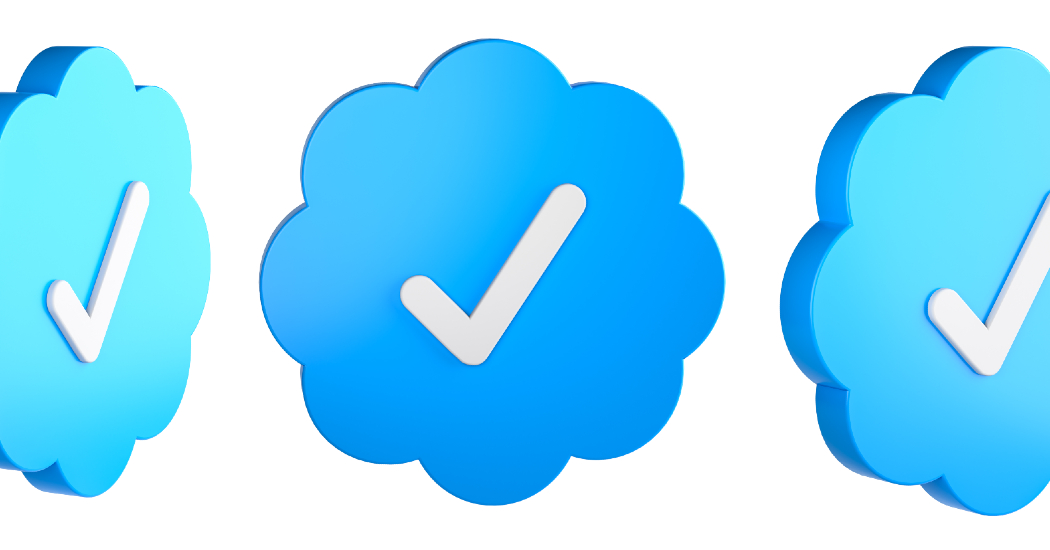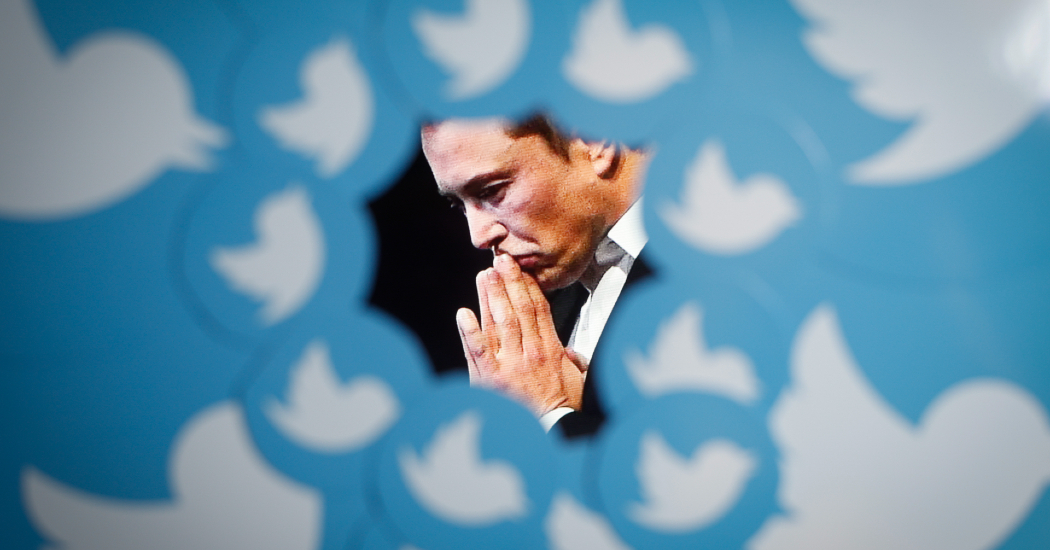Is Twitter Still a Viable Ad Platform under Musk Ownership?

When Elon Musk took ownership of Twitter on October 27, advertising made up 92% of the platform’s revenue in the first half of 2022. Since the takeover, Musk has done little to assure advertisers that the platform is still a brand-safe environment for ad dollars. Details of internal chaos at Twitter, and Musk’s sometimes erratic public statements, have made advertisers nervous about the platform’s commitment to brand safety. As ThreeSixtyEight’s Chief Growth Officer, Adrian Owen Jones, told AdAge, “The volatile nature of Twitter right now gives companies and media managers every incentive to pull back and monitor how the dust settles in the long term.”
A brief timeline of events since the Musk takeover:
October 27: Musk officially closes the purchase of Twitter for $44 billion
October 28: Musk promptly fires Twitter’s CEO, CFO, and top executives including the head of legal policy, trust and safety, and general counsel
October 30: Reports of heightened racist comments, hate speech, and other reprehensible content flood Twitter as Musk talks of rethinking content moderation policies and pledges that the platform will hold tightly to “free speech”
October 31: Musk meets with advertisers in an attempt to save some ad revenue, ensuring them that content moderation and brand safe policies hadn’t officially changed; advertising powerhouse IPG internally advised clients (including Coca Cola, Unilever, and more) to pause Twitter advertising for at least the following week and wait for clarity on the new platform direction
November 3: Twitter announces mass layoffs, totaling 3,700 employees across departments
November 4: Advertisers like General Mills, Pfizer, and United Airlines begin pulling back ad spend; Musk responds by tweeting that Twitter has seen a massive drop in ad revenue due to pressure from “activist groups”
November 14: Amid platform chaos, including some users being locked out of their accounts due to two-factor authorization code issues, Musk fires a group of Twitter engineers who posted critical comments about the handling of Twitter and Musk’s involvement
November 18: Robin Wheeler, Twitter’s then Head of Sales and a widely respected person in ad circles, is fired by Musk after persuading her to stay when she tried to resign the week prior; it is reported that Wheeler was let go for refusing to cut more of the ad sales team
Rain the Growth Agency POV
While more news comes out of the situation almost daily, we encourage advertisers to look at their brand communications strategy to assess whether advertising on Twitter is best, given its current state of array. Media dollars can be reallocated to best performing platforms, or platforms well positioned for growth, and reassessed when (if?) Twitter defines their roadmap for advertisers underthis new ownership.
Volatility in social media isn’t new, and other platform-led brand risks will likely pop up again in the years to come. Advertisers who solidify their brand communications platform and diversify their paid social dollars will be in the best position to weather the storm while still meeting business objectives.
This article is featured in Media Impact Report No. 40. View the full report here.
